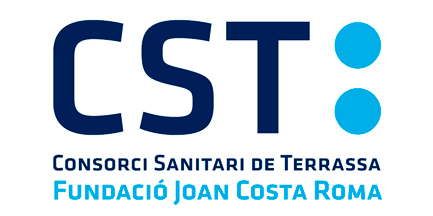MAFIPAR

Improvement of the Physical Activity of the Renal Patient through a semi-automatic telecoaching system
Linkcare wants to expand its service offering a set of protocols aimed at supporting nephrology specialists, nurses and physiotherapists so that they can promote self-care of the health of kidney patients based on four fundamental pillars:
· The education of patients regarding the improvement of their health, disease prevention and the management of chronic pathologies when they appear.
· The participation of the patient's environment (family, friends, neighbors and caregivers) in promoting healthy attitudes and improving the quality of life of patients.
· Remote monitoring of symptoms and signs of the disease with the supervision of health professionals.
· And the promotion of lifestyle improvement interventions focused on increasing physical activity.
Through a semi-automatic telecoaching system, the Renal Patient Physical Activity Improvement Program (MAFIPAR) aims to design, implement and clinically and economically validate a service based on the four aforementioned principles. The goal is to improve the functional capacity, physical condition and quality of life of patients with advanced chronic kidney disease (AED) or renal replacement therapy (hemodialysis, home hemodialysis or peritoneal dialysis).
For the design and validation of the results, Linkcare will have the collaboration of the Terrassa Health Consortium (CST) through the Joan Costa Roma Research Foundation (FJCR). The Hemodialysis Unit of the Terrassa Health Consortium is the territorial reference unit of the population of the Vallés Occidental region.
Patients who are the object of the study will be selected in such a way that they represent both users who monitor the plan from home (individually or with the support of their family, friends, neighbors or caregivers) and users who are in social health care homes for a long-term.
Regarding the health profile of the users, the clinical trial will focus not only on hemodialysis patients in the hospital, but also those patients with peritoneal dialysis, those patients with advanced chronic renal failure and those who will perform their hemodialysis sessions at home.
This project has received funding from MICINN through the “Retos-Colaboración 2019” call, co-financed with ERDF funds.


